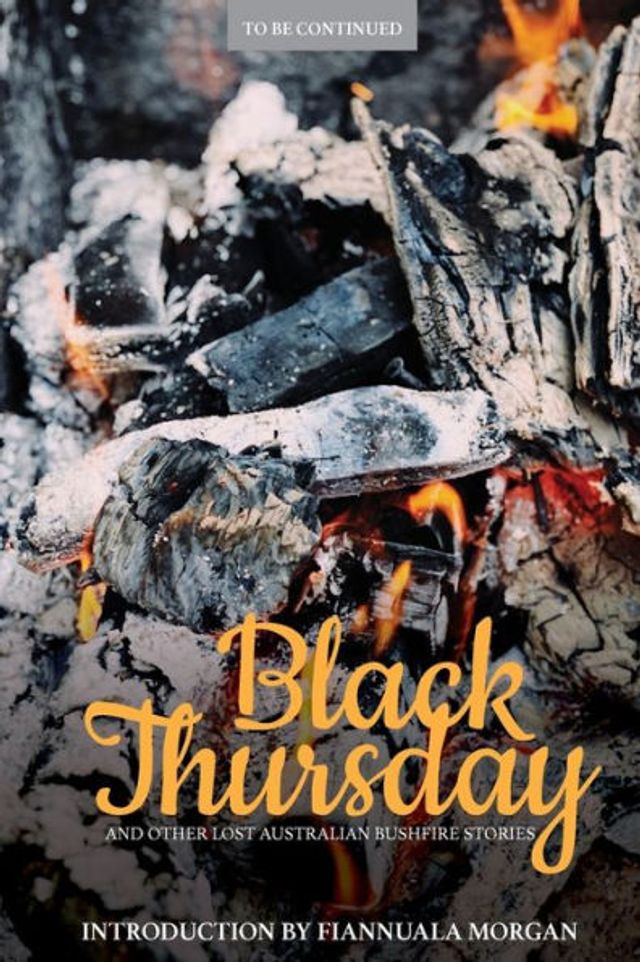Home
I'd Die For You: And Other Lost Stories
Barnes and Noble
I'd Die For You: And Other Lost Stories
Current price: $28.00


Barnes and Noble
I'd Die For You: And Other Lost Stories
Current price: $28.00
Size: Hardcover
Loading Inventory...
*Product information may vary - to confirm product availability, pricing, shipping and return information please contact Barnes and Noble
A collection of the last remaining unpublished and uncollected short stories by F. Scott Fitzgerald, the iconic American writer of
The Great Gatsby
who is more widely read today than ever. “A treasure trove of tales too dark for the magazines of the 1930s. Lucky us” (
Newsday
). “His best readers will find much to enjoy” (
The New York Times Book Review
).
I’d Die For You
, edited by Anne Margaret Daniel, is a collection of F. Scott Fitzgerald’s stories never widely shared. Some were submitted individually to major magazines during the 1930s and accepted for publication during Fitzgerald’s lifetime, but never printed. Some were written as movie scenarios and sent to studios or producers, but not filmed. Others are stories that could not be sold because their subject matter or style departed from what editors expected of Fitzgerald.
Some of the eighteen stories were physically lost, coming to light only in the past few years. All were lost, in one sense or another: lost in the painful shuffle of the difficulties of Fitzgerald’s life in the middle 1930s; lost to readers because contemporary editors did not understand or accept what he was trying to write; lost because archives are like that. Readers will experience here Fitzgerald writing about controversial topics, depicting young men and women who actually spoke and thought more as young men and women did, without censorship. Rather than permit changes and sanitizing by his contemporary editors, Fitzgerald preferred to let his work remain unpublished, even at a time when he was in great need of money and review attention.
Written in his characteristically beautiful, sharp, and surprising language, exploring themes both familiar and fresh, these stories provide new insight into the bold and uncompromising arc of Fitzgerald’s career.
is a revealing, intimate look at Fitzgerald’s creative process that shows him to be a writer working at the fore of modern literature—in all its developing complexities.
The Great Gatsby
who is more widely read today than ever. “A treasure trove of tales too dark for the magazines of the 1930s. Lucky us” (
Newsday
). “His best readers will find much to enjoy” (
The New York Times Book Review
).
I’d Die For You
, edited by Anne Margaret Daniel, is a collection of F. Scott Fitzgerald’s stories never widely shared. Some were submitted individually to major magazines during the 1930s and accepted for publication during Fitzgerald’s lifetime, but never printed. Some were written as movie scenarios and sent to studios or producers, but not filmed. Others are stories that could not be sold because their subject matter or style departed from what editors expected of Fitzgerald.
Some of the eighteen stories were physically lost, coming to light only in the past few years. All were lost, in one sense or another: lost in the painful shuffle of the difficulties of Fitzgerald’s life in the middle 1930s; lost to readers because contemporary editors did not understand or accept what he was trying to write; lost because archives are like that. Readers will experience here Fitzgerald writing about controversial topics, depicting young men and women who actually spoke and thought more as young men and women did, without censorship. Rather than permit changes and sanitizing by his contemporary editors, Fitzgerald preferred to let his work remain unpublished, even at a time when he was in great need of money and review attention.
Written in his characteristically beautiful, sharp, and surprising language, exploring themes both familiar and fresh, these stories provide new insight into the bold and uncompromising arc of Fitzgerald’s career.
is a revealing, intimate look at Fitzgerald’s creative process that shows him to be a writer working at the fore of modern literature—in all its developing complexities.


















